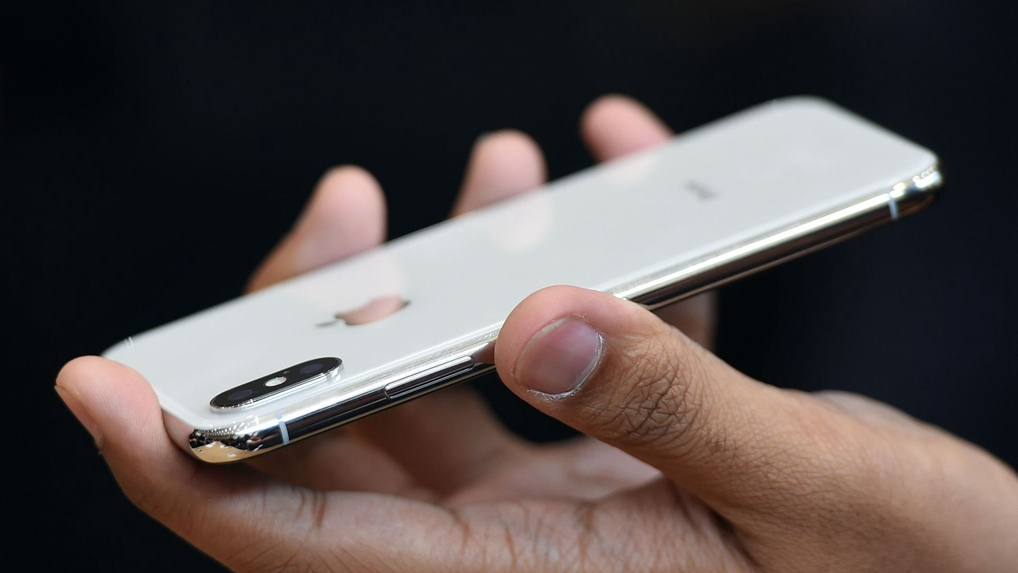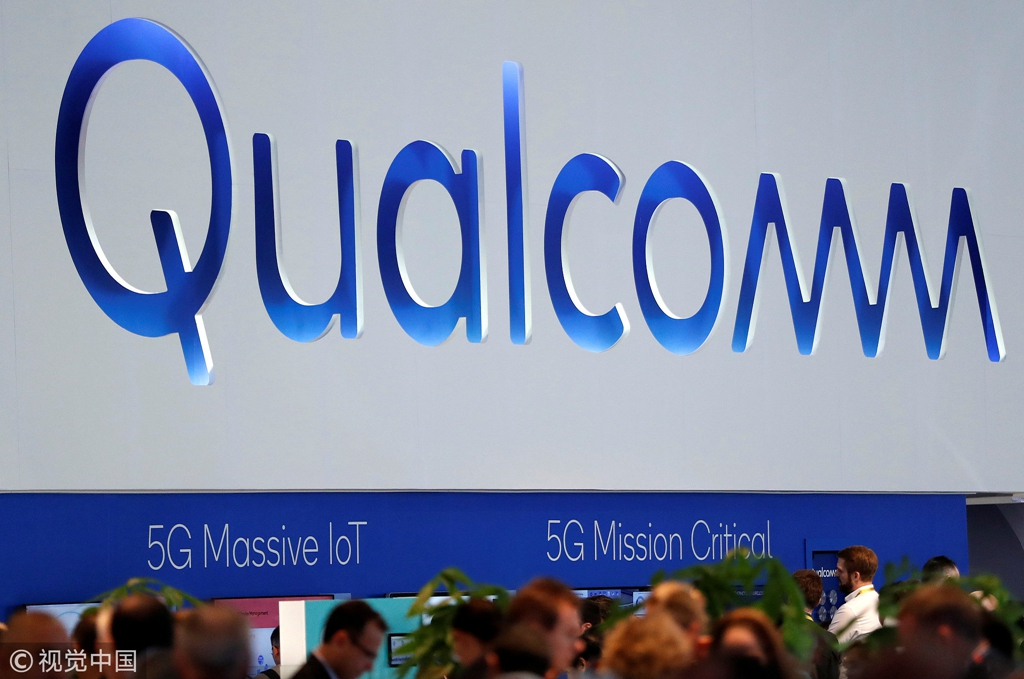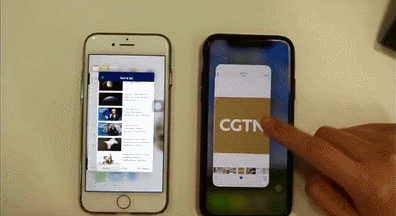
Company
22:33, 21-Dec-2018
Apple risks iPhone ban in Germany after court case loss
Updated
22:27, 24-Dec-2018
CGTN

A German court on Thursday ruled in favor of U.S. chipmaker Qualcomm in a patent dispute case against Apple, which could lead to a ban on sales of iPhones in Germany.
This marks a second win for Qualcomm in a month after a court in China on December 10 ordered a prohibition on iPhone sales over a separate patent dispute there.
"The ruling effectively outlaws the offering and placing on the market of the finished product in Germany, including the sale. The iPhones 7plus, 7, 8, 8plus and X are affected," said the regional court in Munich in a statement.
Given that Apple can appeal the initial ruling, the court said the injunction banning sales of affected iPhones could only be imposed immediately if Qualcomm laid down a security deposit amounting to 668.4 million euros (765 million U.S. dollars).

VCG Photo
VCG Photo
The court said it had sought the large sum as that could be the amount awarded to Apple in terms of revenue losses if the iPhone maker manages to get the Munich ruling overturned by a higher court.
At the heart of the dispute in the German case are chips made by one of Apple's suppliers used in iPhones, with both parties at loggerheads on how the chips actually work, said the court. Among the functions of the chip is the conservation of battery power.
Software update for China
An update was released this week to avoid a sales ban in China.
The newly released iOS 12.1.2 is exclusive for iPhones which fix bugs related to eSIM activation on the iPhone XR, iPhone XS, and iPhone XS Max, and addresses an issue that could affect cellular connectivity in Turkey on those devices, said Apple's release notes.
In China, the update also includes the change of animation when force closing apps, which is seen as an action to avoid a Qualcomm patent of app management, said MacRumors.

Before (R) and after (L) the update to iOS 12.1.2. /CGTN Gif
Before (R) and after (L) the update to iOS 12.1.2. /CGTN Gif
Before the update, Apps slide off the top of the screen when force closing; under iOS 12.1.2, Apps shrink and disappear.
(Top image via VCG)
Source(s): AFP

SITEMAP
Copyright © 2018 CGTN. Beijing ICP prepared NO.16065310-3
Copyright © 2018 CGTN. Beijing ICP prepared NO.16065310-3